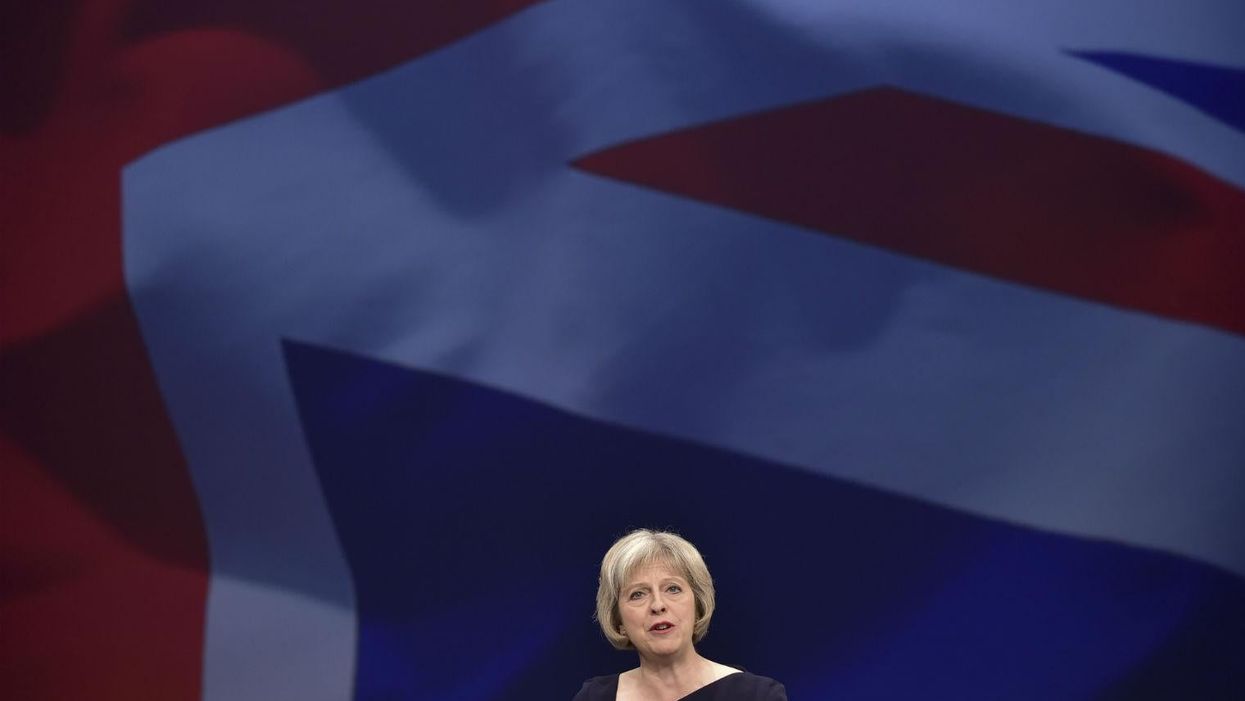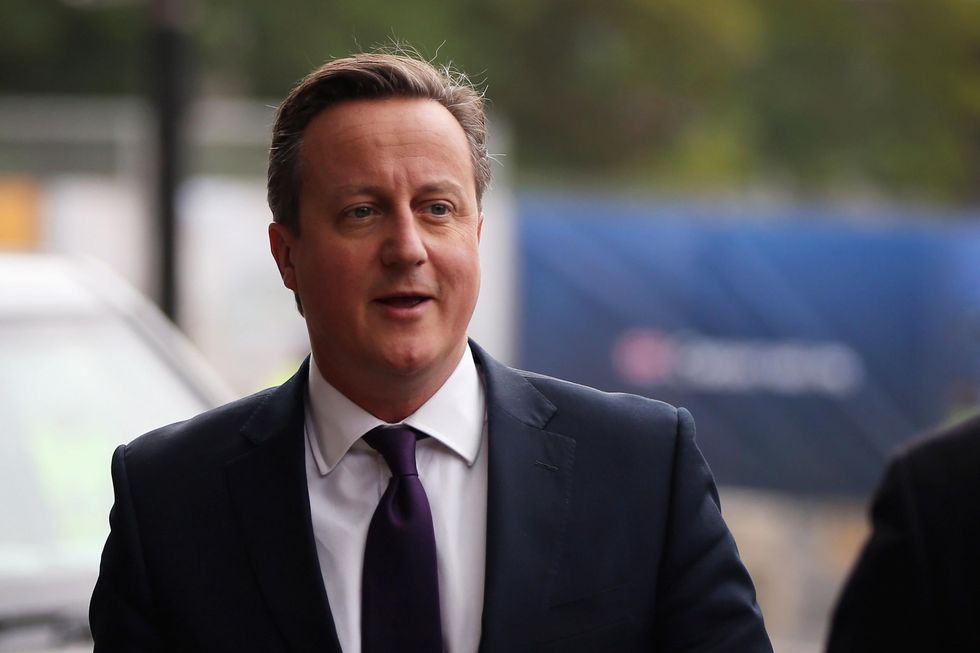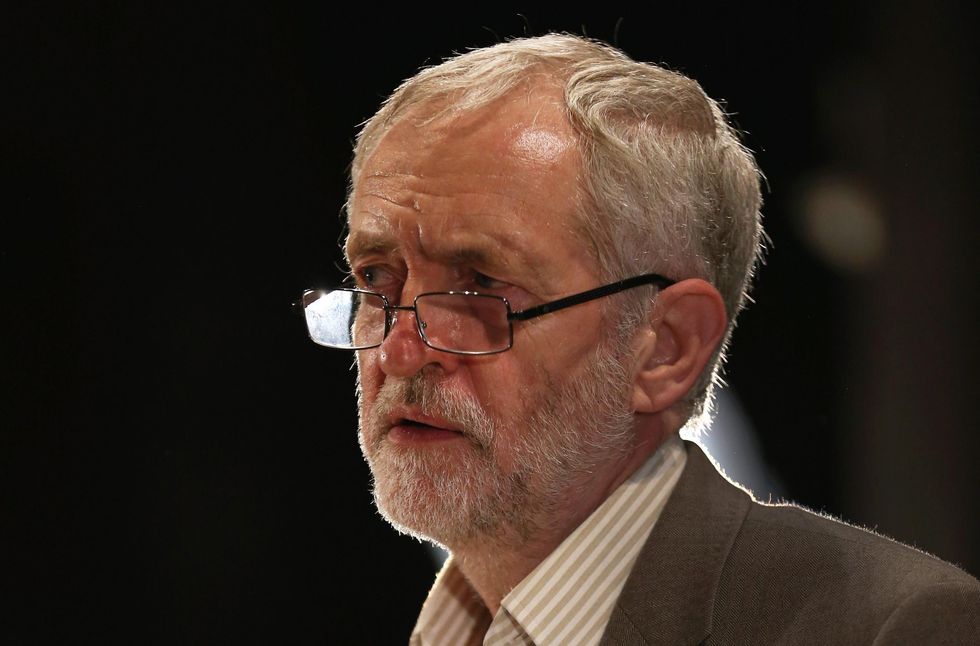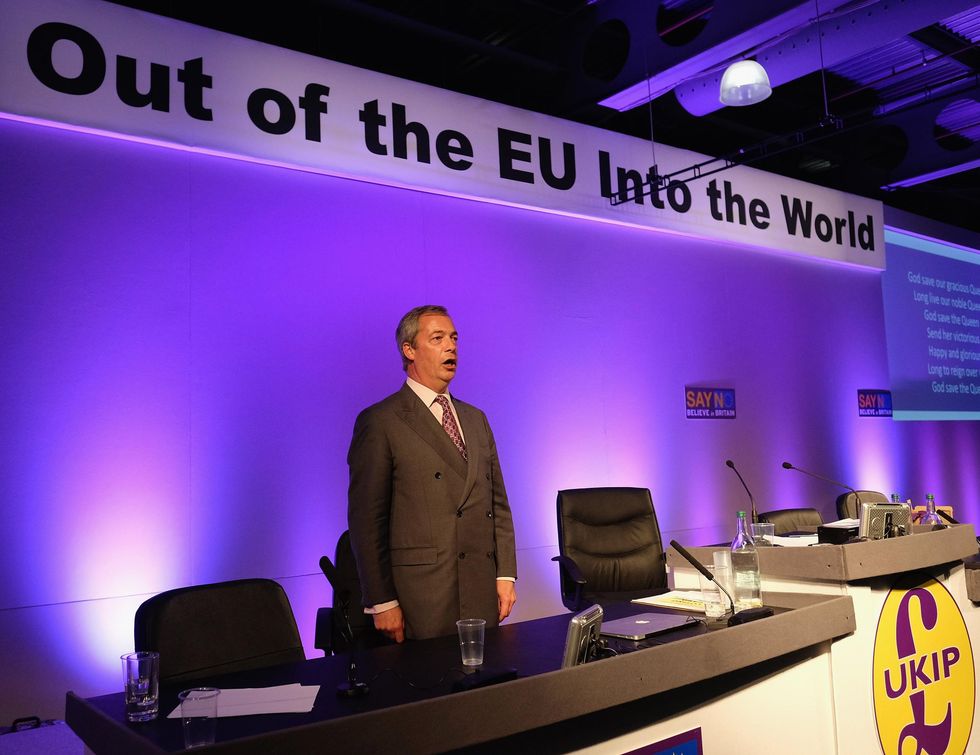News
Louis Dor
Oct 06, 2015

Theresa May is warning at the Conservative Party conference that high levels of immigration make it "impossible to build a cohesive society”.
The home secretary claims that Britain “does not need” net migration at current levels, which hit a record high of 330,000 in the year to March.
This has sparked the immigration policy debate again, so if you need a handbook, here are what the current parties stand for:
Conservatives:
(Picture: Dan Kitwood/Getty Images)
Prime Minister David Cameron said he agrees with Theresa May’s comments on BBC Radio 4’s Today programme, saying integration was “more difficult if you have excessive levels of migration”.
He said for an
integrated, successful society you have to make sure there are enough school places and that hospitals aren't overcrowded.
The Conservatives promised in their manifesto to “clamp down” on illegal immigration and “abuse of the Minimum Wage”, while strengthening the enforcement of immigration rules.
The party also aims to deliver annual net migration in the tens of thousands, not the hundreds of thousands.
According to their election manifesto, the party also “insist upon” a minimum of for years of work in the UK before claiming tax credits and child benefit, as well as four years of residency in a local area before applying for social housing. EU jobseekers cannot claim job-seeking benefits, and if they have not found a job within six months, they will be required to leave.
Labour:
(Picture: Christopher Furlong/Getty Images)
Jeremy Corbyn did not mention immigration in his keynote speech to the Labour Party conference.
He has since said that this is because Britain must celebrate the “enormous contribution to our society” that migrants have brought over the years and suggested the UK should look at immigration as “a very great opportunity”.
Corbyn said migrants had
helped our economic growth and had boosted the NHS, the social services and education in the UK.
He said:
Don’t look upon immigration as necessarily a problem.
He instead encouraged a focus on policy which delivered more doctors, school places and housing to meet demand in densely-populated areas.
... and Ukip:
(Picture: Ian Forsyth/Getty Images)
The clue is in the name.
Ukip advocate exiting the EU, which would also end the current EU migration agreements with Brussels.
The party also suggested in its May manifesto a five-year moratorium on immigration for unskilled workers and the introduction of a point-based system to manage the number of people coming into the country.
It also advocated increasing the number of border agency staff by 2,500 and the requirement of private health insurance for non-UK undergraduate and postgraduate students.
Meanwhile, Labour MP Wes Streeting has reported Nigel Farage to EU president Martin Schulz for financing his ‘Say No to the EU’ tour with public funds from the EU.
Streeting said:
Nigel Farage has a catalogue of questions to answer about whether he is spending taxpayers’ money on his campaign and breaching European Parliament rules.
Mr Farage has already criticized David Cameron over the use of public funds in the referendum campaign, so any suggestion that UKIP has bankrolled his anti-EU tour with European taxpayers’ money must be thoroughly investigated by the [European] Parliament’s authorities.
Perhaps Nigel Farage will now rule out using any further EFDD funding for his anti-EU campaign?
More:The countries Brits welcome - and dislike - immigration from
More:'I am an immigrant' posters aim to celebrate, not demonise immigration
Top 100
The Conversation (0)
















